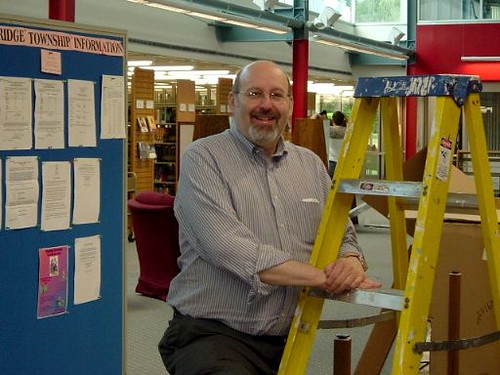The GenBetween blog mentioned the top Alzheimer's site awards given by HealthCentral.com. HealthCentral.com stated that these websites are
"the best of the Internet's sites dedicated to Alzheimer's and dementia as determined by our expert team. These sites include small Web sites and individual blogs and were chosen based on their candid and informative content."
The award winners were:
This site is aimed at caregivers and the sandwich generation. In addition to the blog posts,there is an extensive resource list for caregivers in the sidebar. The author, Carol Bradley Bursack, also wrote abook called Minding Our Elders: Caregivers Share Their Personal Stories.
The purpose of this blog is to provide "tips, newsbites, product reviews, and people in the news for professional and family caregivers who want to keep up with the world of dementia care". It is written by a nursing home administrator, who is the author of two books: "Nurturing Nuggets For Dementia Caregivers: 25 Supportive Strategies In Caring For Persons With Dementia" and "Nurturing Nuggets For Nurses".
This blog is written by Jack Halpern, a Licensed Nursing Home Administrator, who is an advocate for the elderly who live in nursing homes.
This blog, by CK Wilde, is about the challenge of trying to provide long distance caregiving to her dad, who is in a retirement community. She writes about what she has learned and often provides useful resources for her readers.
This is a blog written by a woman who takes care of her father who has Alzheimers Disease.
Librarians can recommend these blogs to patrons who are looking for more personal information about caring for family members with Alzheimer's disease. Many of these blogs allow comments and thus give readers a chance to ask questions of the writer, to commiserate, and to share stories and tips. These blogs make a nice addition to more formal Alzheimer's information from the Alzheimer's Association and the MedlinePlus page on Alzheimer's. I also recommend the Medical News Today Alzheimer's/Dementia News, which has a link on this page to add their news articles as a feed to your newsreader (two popular newsreaders are Bloglines and Google reader).





